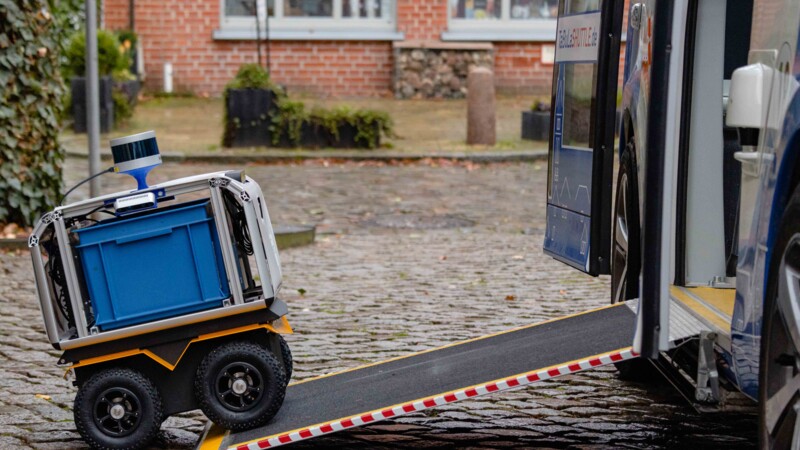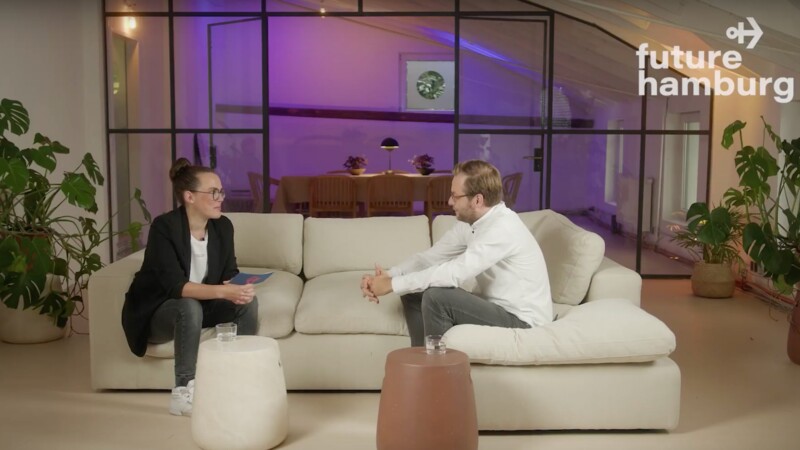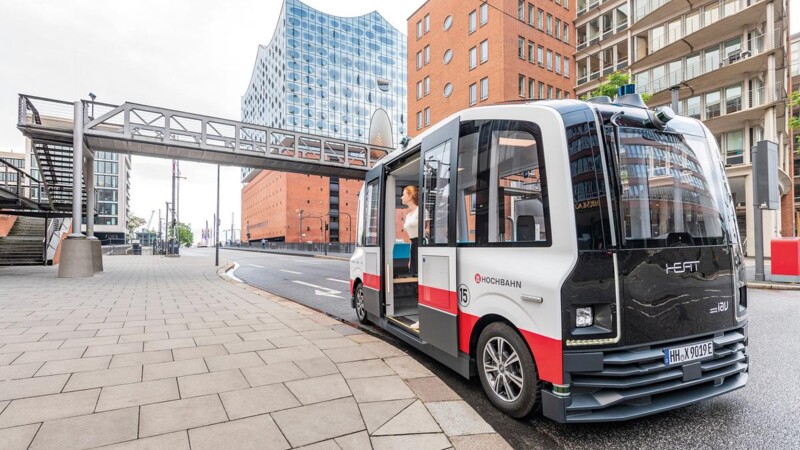Speaking at the opening, Tschentscher noted: “Hamburg is showing the mobility of the future at the ITS World Congress. That includes autonomous driving in real operations, smart traffic management on the streets and the rails, and digital services that make our mobility simpler, more efficient and environment-friendlier." Anjes Tjarks, Senator for Transport and Mobility Transition, added: “The goal is clear. People in Hamburg should benefit from the ITS Congress and the projects it introduces in the long term. For this reason, we are further developing the ITS strategy and our goals for 2030. We want to seize the opportunities offered by digitalization to protect the climate and achieve the mobility transition."
The congress is a milestone of the ITS strategy adopted by the senate in 2016 through 2030. Hamburg has positioned itself as a model of mobility and logistics solutions in metropolitan regions with collaborations between stakeholders in commerce and science. The city has selected 42 so-called anchor projects out of more than 170 ITS projects, which can be experienced live during the congress.



